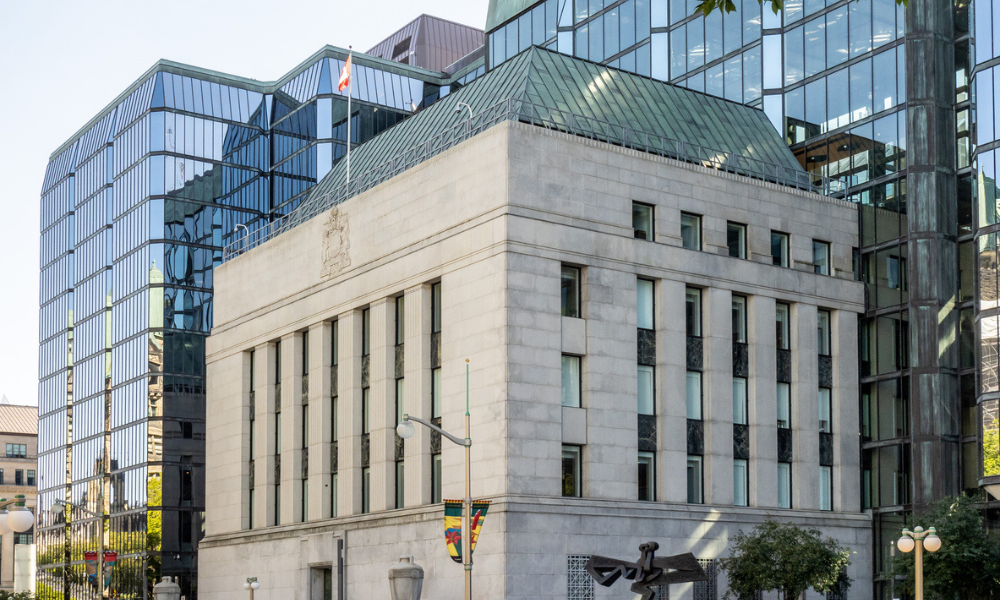It's the fastest rate of action since the pandemic

Several major central banks, including the Bank of Canada, lowered interest rates in June, marking the first coordinated easing of monetary policy by G10 economies since the COVID-19 pandemic.
Three of the nine central banks overseeing the 10 most heavily traded currencies reduced their lending benchmarks in June. The Bank of Canada joined other major central banks in easing policy, alongside Switzerland, which delivered its second rate cut in the current cycle.
Meanwhile, the US Federal Reserve, Bank of England, and central banks in Australia, Sweden, Norway, and Japan kept their lending rates unchanged. The Federal Reserve is now expected to deliver its first full quarter-point rate cut in November.
“We’re in this global disinflation path - it’s just probably a bit slower than what we’d hoped for six months ago,” Fidelity International portfolio manager Paul Greer said in an interview with Reuters. “We started to see G10 central banks cut rates - Sweden and Switzerland, Canada, the ECB. I have confidence that the Federal Reserve will cut rates this year as well, maybe even a couple of times.”
Emerging market central banks continued their efforts to lower interest rates, although at a slower pace.
Fourteen of the 18 central banks in developing economies, as surveyed by Reuters, held rate-setting meetings in June, with four (Brazil, the Czech Republic, Colombia, and Chile) delivering cuts totaling 150 basis points. None of these central banks raised rates.
“Obviously, the Fed hasn’t been cutting as aggressively as markets (had expected),” said Ray Jian, a portfolio manager at Amundi. Jian noted that emerging markets also faced unique challenges that slowed the pace of easing, particularly on the fiscal side.
Read next: Can Bank of Canada’s early rate cut spur economic growth?
In Brazil, President Luiz Inacio Lula da Silva is increasing pressure to spend more, a trend expected to rise next year due to the election cycle. Similarly, Mexico’s MORENA party, following a landslide victory, is looking to boost fiscal spending.
“A lot of those local fiscal developments are actually putting pressure on the market to say maybe those central bank cuts have to be pushed back, because fiscal policy becomes more aggressive, and therefore monetary policy has to be tighter for longer,” Jian said.
Since the start of the year, emerging markets have collectively reduced rates by 1175 basis points across 23 moves. In contrast, total rate hikes over the same period amounted to 775 basis points, largely driven by Turkey.
Make sure to get all the latest news to your inbox on Canada’s mortgage and housing markets by signing up for our free daily newsletter here.



